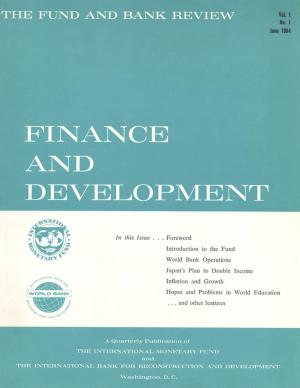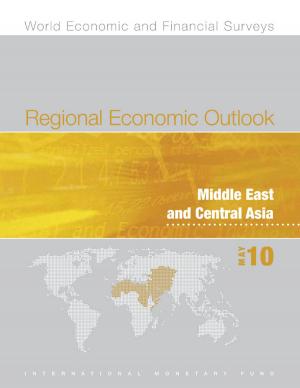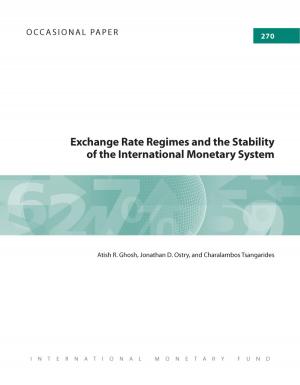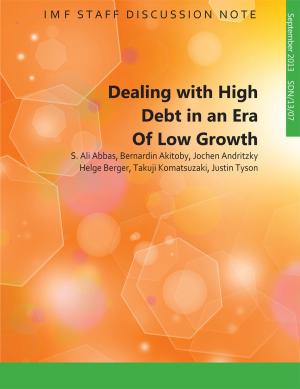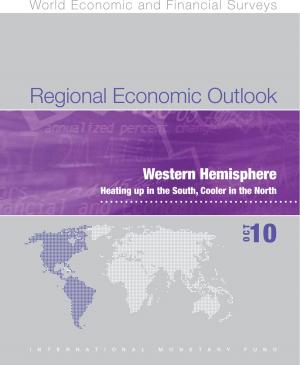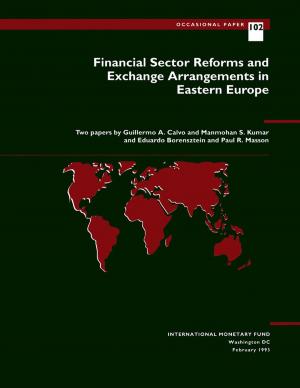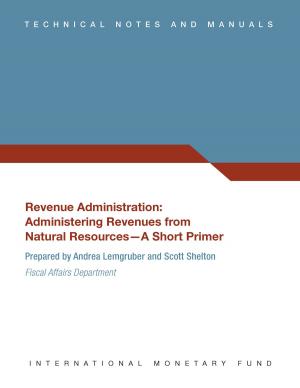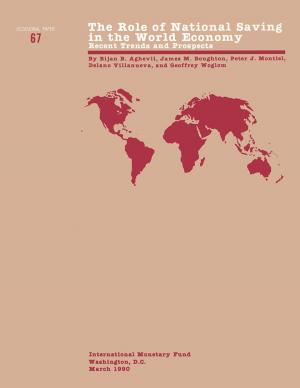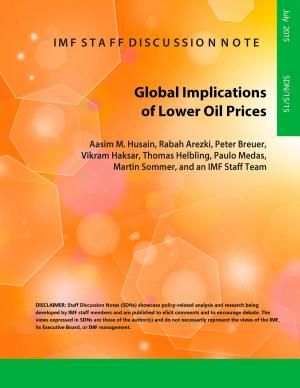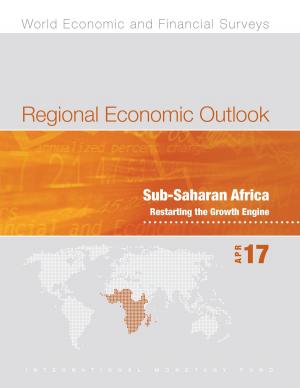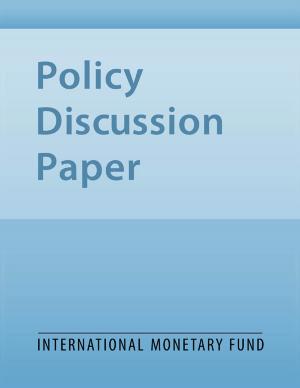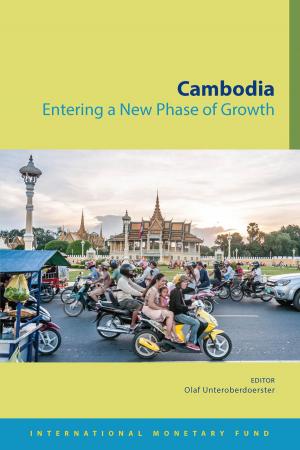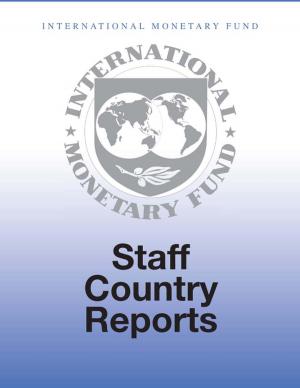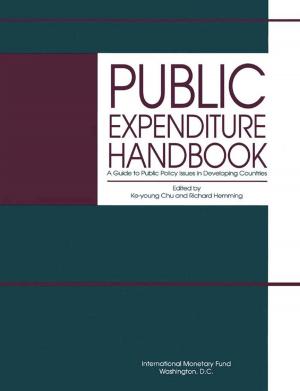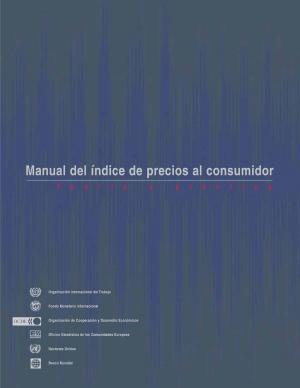Changing Customs: Challenges and Strategies for the Reform of Customs Administration
Business & Finance, Economics, International Economics, Macroeconomics| Author: | Michael Mr. Keen | ISBN: | 9781452728148 |
| Publisher: | INTERNATIONAL MONETARY FUND | Publication: | October 20, 2003 |
| Imprint: | INTERNATIONAL MONETARY FUND | Language: | English |
| Author: | Michael Mr. Keen |
| ISBN: | 9781452728148 |
| Publisher: | INTERNATIONAL MONETARY FUND |
| Publication: | October 20, 2003 |
| Imprint: | INTERNATIONAL MONETARY FUND |
| Language: | English |
This paper, based on the considerable practical experience of the IMF’s Fiscal Affairs Department, sets out a successful strategy for modernizing customs administration. The essence is to establish transparent and simple rules and procedures, and to foster voluntary compliance by building a system of self-assessment supported by well-designed audit policies. Having set out this strategy--and its benefits--the paper discusses in depth what is required in terms of trade policy, valuation procedures, dealing with duty reliefs and exemptions, controlling transit movements, organizational reform, use of new technologies, private sector involvement, and designing incentive systems for an effective customs administration.
This paper, based on the considerable practical experience of the IMF’s Fiscal Affairs Department, sets out a successful strategy for modernizing customs administration. The essence is to establish transparent and simple rules and procedures, and to foster voluntary compliance by building a system of self-assessment supported by well-designed audit policies. Having set out this strategy--and its benefits--the paper discusses in depth what is required in terms of trade policy, valuation procedures, dealing with duty reliefs and exemptions, controlling transit movements, organizational reform, use of new technologies, private sector involvement, and designing incentive systems for an effective customs administration.

